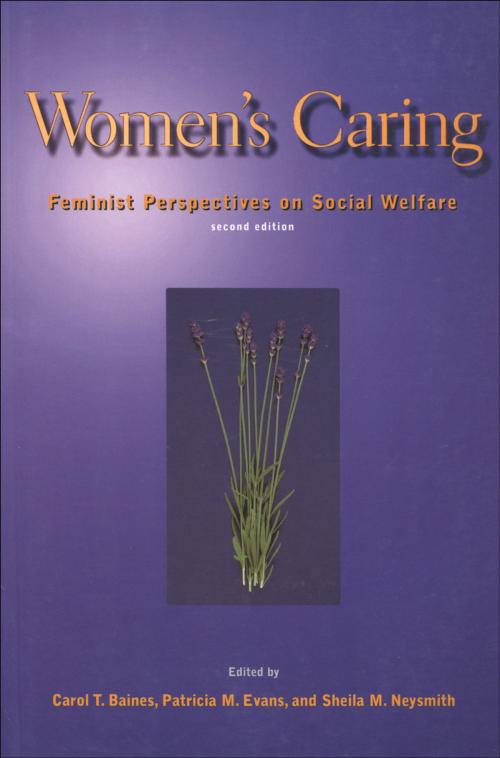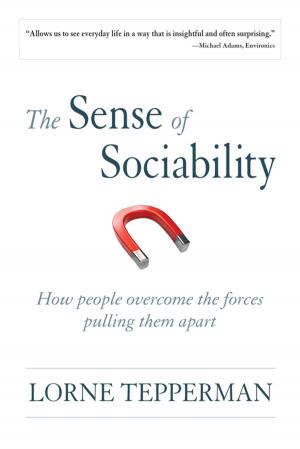| Author: | ISBN: | 9780199010585 | |
| Publisher: | Oxford University Press Canada | Publication: | December 15, 2009 |
| Imprint: | Language: | English |
| Author: | |
| ISBN: | 9780199010585 |
| Publisher: | Oxford University Press Canada |
| Publication: | December 15, 2009 |
| Imprint: | |
| Language: | English |
Most of the caring work in our society is done by women. This work is often hidden in the roles of mothers, daughters, and wives and is undervalued outside the home as women work in the community as volunteers, in the 'caring' professions, and in low-wage jobs in hospitals, child-care centres, and homemaking services. In this second edition of Women's Caring, a ground-breaking feminist perspective on social welfare in Canada, the editors and their contributors have added three new chapters--on women of colour, women abused in intimate relationships, and Canada's live-in caregiver policy. As well, the entire book has been widely updated and revised to reflect the changed legal, political, and policy contexts and the growing literature on the formal paid and informal unpaid caring work that women perform.
Most of the caring work in our society is done by women. This work is often hidden in the roles of mothers, daughters, and wives and is undervalued outside the home as women work in the community as volunteers, in the 'caring' professions, and in low-wage jobs in hospitals, child-care centres, and homemaking services. In this second edition of Women's Caring, a ground-breaking feminist perspective on social welfare in Canada, the editors and their contributors have added three new chapters--on women of colour, women abused in intimate relationships, and Canada's live-in caregiver policy. As well, the entire book has been widely updated and revised to reflect the changed legal, political, and policy contexts and the growing literature on the formal paid and informal unpaid caring work that women perform.















